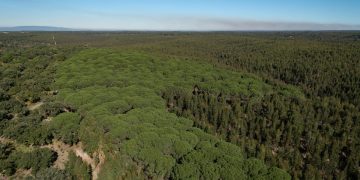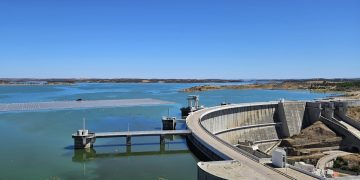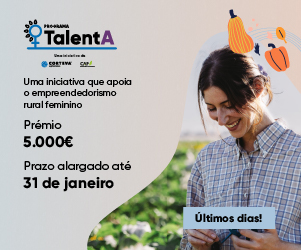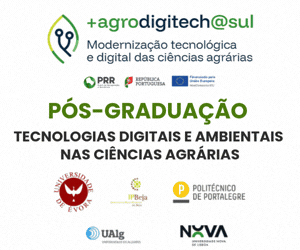Despite their proven success in improving the world’s food systems, genetically modified (GM) crops have attracted myths and untruths that continue to blur public perceptions of the technology, a new study finds.
“GMOs are surrounded by plenty of controversies. Since the first GM products were commercially released, the debate about the real versus perceived risks of using GMOs has been under way,” states a new peer-reviewed study published in Applied Sciences. The authors, who serve on the faculties of two universities in Spain, offer a risk–benefit analysis based on scientific evidence and debunk myths that interest groups have spread.
“Science has not evidenced any harm from use of GM crops,” the authors write. “Instead, it has documented economic, environmental and health benefits from their commercialization. Overall, the considerable scientific consensus holds, insofar as currently marketed GM food do not pose a higher risk than traditional food.”
People give myriad reasons for their hesitancy towards GM crops, ranging from safety to moral apprehensions. Other concerns include worries about toxicity, allergies, possible horizontal gene transfer (HGT) to the environment or other species and the long-term implications of GM crops, the authors note.
The study concludes that based on available scientific evidence, HGT between GM plants and other organisms poses non-significant risks for human health and environmental safety. It is further observed that marketed GM crops have previously passed risk assessments, including allergenicity tests. In addition, GM crops and their products undergo rigorous evaluation before being commercially released, which assures safety to the public and the environment.
“The legal framework that regulates GM food and feed attempts to ensure high protection levels for human and animal health and also for the environment. Worldwide, the authorities responsible for evaluating GM products have adopted specific strategies based on the amount of experience and scientific knowledge acquired in the past few decades to assess their safety,” states the study.
The authors note that GM technology is just another frontier in a long tradition by humans to improve crops. GM has largely served to inject efficiency and accuracy into a tradition of crop and livestock improvement that dates back ages.
“Humans have been altering plant and animal genomes for thousands of years. Since ancient times, selective breeding, also called artificial selection, has been a routine method in agriculture. Although the process of creating new traits takes time because it requires spontaneous genetic mutations, the development of genetic engineering tools has accelerated the production of GMOs,” the authors state.
Recent advancements in technological molecular biology and genetic engineering have produced crops with improved traits, such as herbicide tolerance, insect resistance and better yields.
“Moreover, interest in developing GM crops with improved nutritional properties is growing, such as higher levels of essential microelements, healthier crops by altering their fatty acids profile, or plants with delayed ripening,” adds the report.
Despite the controversy, GM crops are assured of a secure and central role in the future of our food production systems, the authors note. GM crops offer efficient and sustainable ways of meeting the growing demands for more and better quality food to feed the world’s population amid the emerging challenges of climate change.
“Nowadays, agrobiotechnology has been proposed as a measure to supply the world’s growing future population and to serve as a solution to the ‘not enough food’ problem,” the authors write. “Gene editing and creating GM crops are promising tools for agriculture as they can help to address some of the challenges that lie ahead. To overcome emerging food security challenges, considering quality scientific information is essential rather than leaving the issue and merely moving toward moral discussion. Hence, a risk–benefit analysis is necessary.”
Some of the benefits from GM crops that will be leveraged in this regard include their ability to produce bigger crop yields without having to extend cultivated areas, reduced fertilizer use and lower greenhouse gas emissions.
The authors note that eliminating GM crops from cultivation would sharply increase the global cultivation area at the expense of rainforests, which would increase greenhouse gas emissions and consequently intensify climate change.
Research is also under way to create plants with desirable traits, such as delayed maturation, bio-fortified vegetables, healthier plants and edible vaccines. GM foods, state the authors, are not only useful to avoid nutritional deficiencies in future generations but to adapt to climate change.
“Sadly, the general public has been largely ignoring these dynamics, which calls for greater public sensitization.”
By Joseph Maina
O artigo foi publicado originalmente em Cornell Alliance for Science.























































